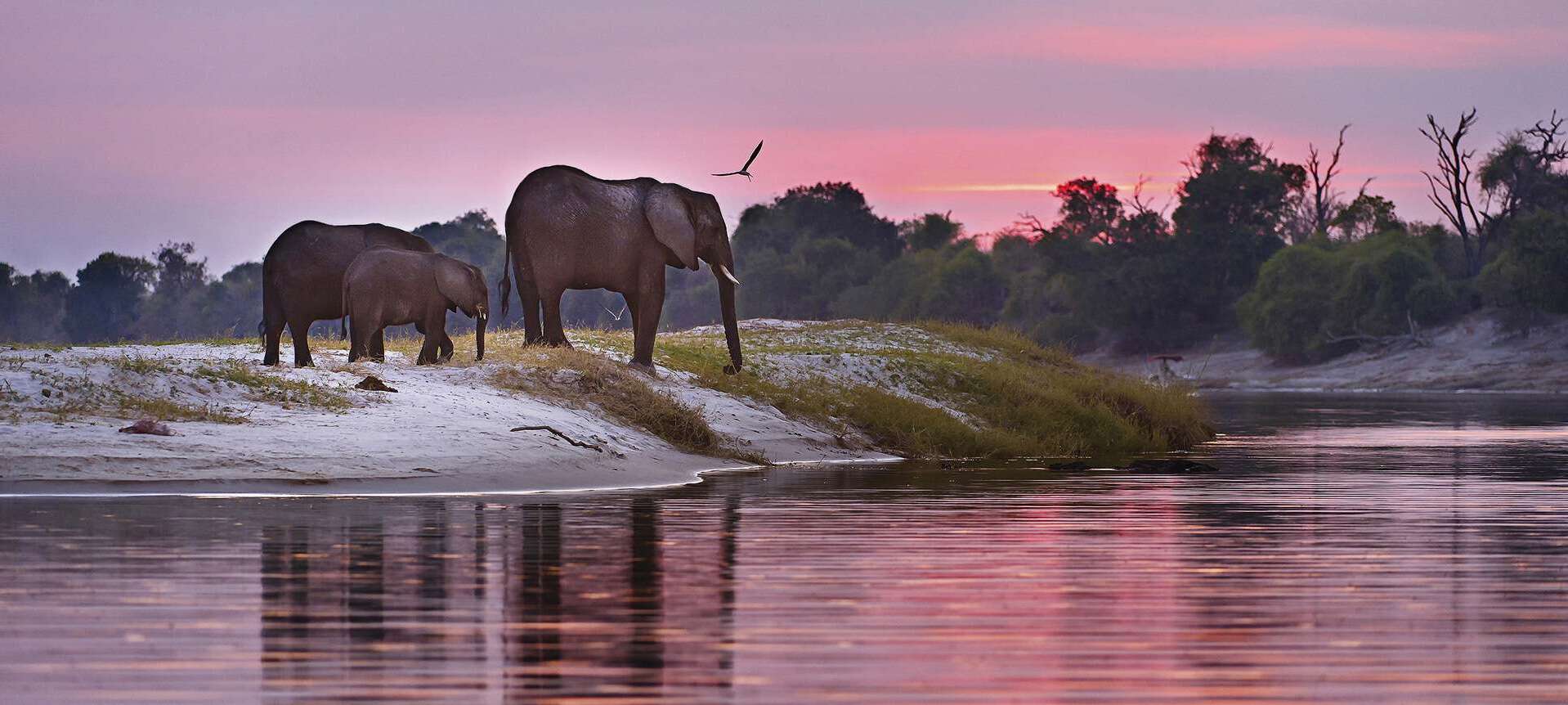
Ever wondered what makes Botswana such a fascinating country? Botswana is not just another spot on the map; it's a vibrant nation with a tapestry of cultures, wildlife, and landscapes that beckon travelers and curiosity seekers alike. From the pulsating heart of the Okavango Delta to the silent, majestic expanse of the Kalahari Desert, this African gem has stories to tell. But what's the real scoop behind its peaceful demeanor and thriving biodiversity? Well, you're in for a treat! In this blog post, we'll uncover 12 mind-blowing facts about Botswana that will make you see this country in a whole new light. Ready to have your mind expanded? Let's dive into the heart of Botswana and discover its secrets together.
Key Takeaways:
- Botswana's diverse geography, rich wildlife, and commitment to conservation make it a unique and vibrant country in Southern Africa, with the Okavango Delta and Chobe National Park as standout natural wonders.
- Despite its economic success and stable governance, Botswana faces challenges such as economic diversification and climate change, highlighting the need for sustainable development and conservation efforts.
Understanding Botswana's Geography
Nestled in Southern Africa, Botswana is a land of vast deserts, fertile deltas, and sprawling savannahs. Its geography is a tapestry of contrasting landscapes, from the arid Kalahari Desert to the lush Okavango Delta, one of the world's largest inland deltas. This unique combination of ecosystems supports a rich diversity of wildlife and plants.
-
Botswana is predominantly flat, tending toward gently rolling tableland. The Kalahari Desert covers up to 70% of its land surface.
-
The Okavango Delta, a UNESCO World Heritage site, is an extraordinary natural phenomenon, with floodwaters from the Angolan highlands transforming parts of the Kalahari Desert into a lush animal habitat.
Botswana's Rich Biodiversity
Botswana is renowned for its commitment to wildlife conservation and is home to some of the most significant wildlife populations in Africa. The country's approach to tourism and conservation is geared towards sustainability and preserving natural habitats.
-
Chobe National Park, located in the northeast, boasts one of the largest concentrations of game in Africa. This includes the African elephant, which has one of its largest populations in Botswana.
-
The country has successfully reintroduced several species into their natural habitats, including the black and white rhinoceros.
Cultural Heritage and Traditions
Botswana's culture is a vibrant blend of traditions and modernity, reflecting the diverse ethnic groups that make up its population. The Tswana people are the majority, but the nation is also home to a rich mosaic of cultures.
-
Setswana is the national language, and English is widely spoken, serving as the official business language and medium of instruction in schools.
-
Traditional music and dance play a significant role in Botswana's cultural expressions, with the Khoisan people's traditional songs and dances being particularly noteworthy.
Economy and Development
Botswana has experienced rapid development since gaining independence in 1966. It has transformed from one of the poorest countries in the world to a middle-income nation, thanks to its diamond mining industry and prudent economic policies.
-
Diamonds account for a significant portion of Botswana's GDP, making it one of the world's largest producers of gem-quality diamonds.
-
Tourism is another critical sector, with Botswana's pristine natural environments and wildlife drawing visitors from around the globe.
Political Stability and Governance
Botswana is often cited as a success story in Africa for its stable democracy and good governance. Since independence, it has maintained a tradition of stable democratic elections and respect for the rule of law.
-
The country operates as a parliamentary republic, with the President of Botswana serving both as the head of state and the head of government.
-
Transparency International consistently ranks Botswana as one of the least corrupt countries in Africa.
Challenges and Future Prospects
Despite its successes, Botswana faces several challenges, including economic diversification, unemployment, and the impact of climate change on its delicate ecosystems.
-
Efforts are underway to diversify the economy beyond diamonds and tourism, focusing on sectors like agriculture and manufacturing.
-
Climate change poses a significant threat to Botswana's biodiversity, particularly the Okavango Delta, necessitating concerted conservation efforts to preserve this unique ecosystem for future generations.
A Final Glimpse at Botswana's Marvels
Botswana's story is one of remarkable landscapes, rich history, and vibrant culture. From the sprawling Kalahari Desert to the life-giving channels of the Okavango Delta, this country offers a tapestry of natural wonders. Its commitment to conservation and sustainable tourism ensures that the majestic wildlife, from elephants to big cats, thrives in their natural habitats. Beyond the wild, Botswana's diamonds sparkle on the global stage, symbolizing economic resilience and growth. The warmth and hospitality of its people, alongside their diverse traditions, make every visit unforgettable. Whether you're a history buff, nature enthusiast, or culture seeker, Botswana beckons with open arms and endless adventures. So, pack your bags and set your sights on this unparalleled African gem, where every corner holds a story waiting to be discovered.
Frequently Asked Questions
Was this page helpful?
Our commitment to delivering trustworthy and engaging content is at the heart of what we do. Each fact on our site is contributed by real users like you, bringing a wealth of diverse insights and information. To ensure the highest standards of accuracy and reliability, our dedicated editors meticulously review each submission. This process guarantees that the facts we share are not only fascinating but also credible. Trust in our commitment to quality and authenticity as you explore and learn with us.


